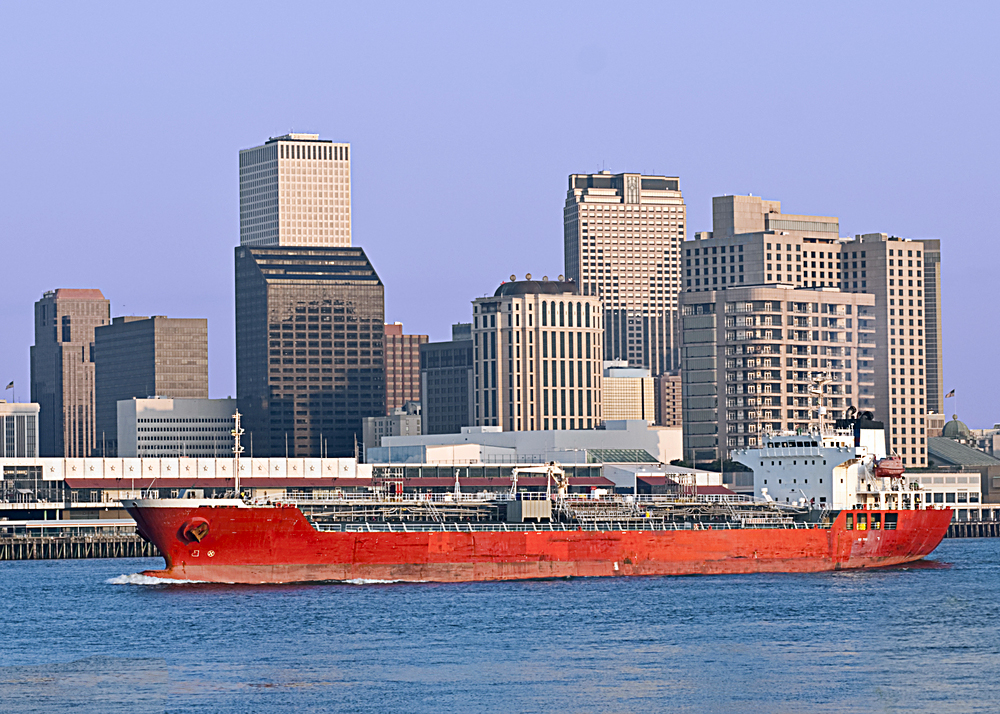Fifth Circuit Holds Punitive Damages Allowable for Certain Claims
Last week, in McBride v. Estis Well Serv., L.L.C. (5th Cir. 2013), the U.S. Fifth Circuit Court of Appeals held that seamen may recover punitive damages for their employers’ willful and wanton breach of the general maritime law duty to provide a seaworthy vessel.
In its opinion, the Fifth Circuit first noted that punitive damages were once recognized as an available remedy for seamen within the circuit, contingent upon a showing of willful and wanton misconduct by the shipowner in the creation or maintenance of the unseaworthy condition. Such damages were allowed because of “the historical availability of punitive damages under general maritime law, the public policy interests in punishing willful violators of maritime law and deterring them from committing future violations,” and the need for uniformity in the law.
SCOTUS Opened the Door on the Punitive Damages Debate
Courts, however, later questioned the availability of punitive damages in general maritime actions after the U.S. Supreme Court’s decision in Miles v. Apex Marine Corp., 498 U.S. 19 (1990). The Miles Court held that loss of society (non-pecuniary damages, such as punitive damages) was not available in a wrongful death action under the general maritime law. Many believed that Miles precluded the recovery of any punitive damages under general maritime law. Others believed that if a category of damages was unavailable under a maritime cause of action established by statute, it was similarly unavailable for a parallel claim brought under general maritime law.
However, later in 2009, the U.S. Supreme Court held that punitive damages were available under the general maritime law for egregious maintenance and cure violations. Atl. Sounding Co., Inc. v. Townsend, 557 U.S. 404 (2009).
Reconciling Maritime Opinions
The McBride court attempted to reconcile the two decisions. In doing so, it stated the following rule of law: if a general maritime law cause of action (e.g. unseaworthiness) and remedy (e.g. punitive damages) were both established before the passage of a parallel statutory remedy (e.g. the Jones Act), and the statutory remedy did not address that cause of action or remedy, then that remedy remains available under that cause of action.
Therefore, according to the Fifth Circuit, punitive damages are available for a willful and wanton breach of the warranty of seaworthiness because both that remedy and cause of action were available before the passage of the Jones Act.
This decision has serious implications for ship owners because they can now potentially be liable in the Fifth Circuit for punitive damages if their actions arise to the level of willful and wanton conduct. It is important to note that this decision will likely be taken up on rehearing and/or appeal. Legal practitioners are waiting to see if the decision will be upheld.
Allen & Gooch is providing this legal update for informational purposes only. This article should not be construed as legal advice or a legal opinion as to any specific facts or circumstances. You should consult your own attorney concerning your particular situation and any specific legal questions you may have.


